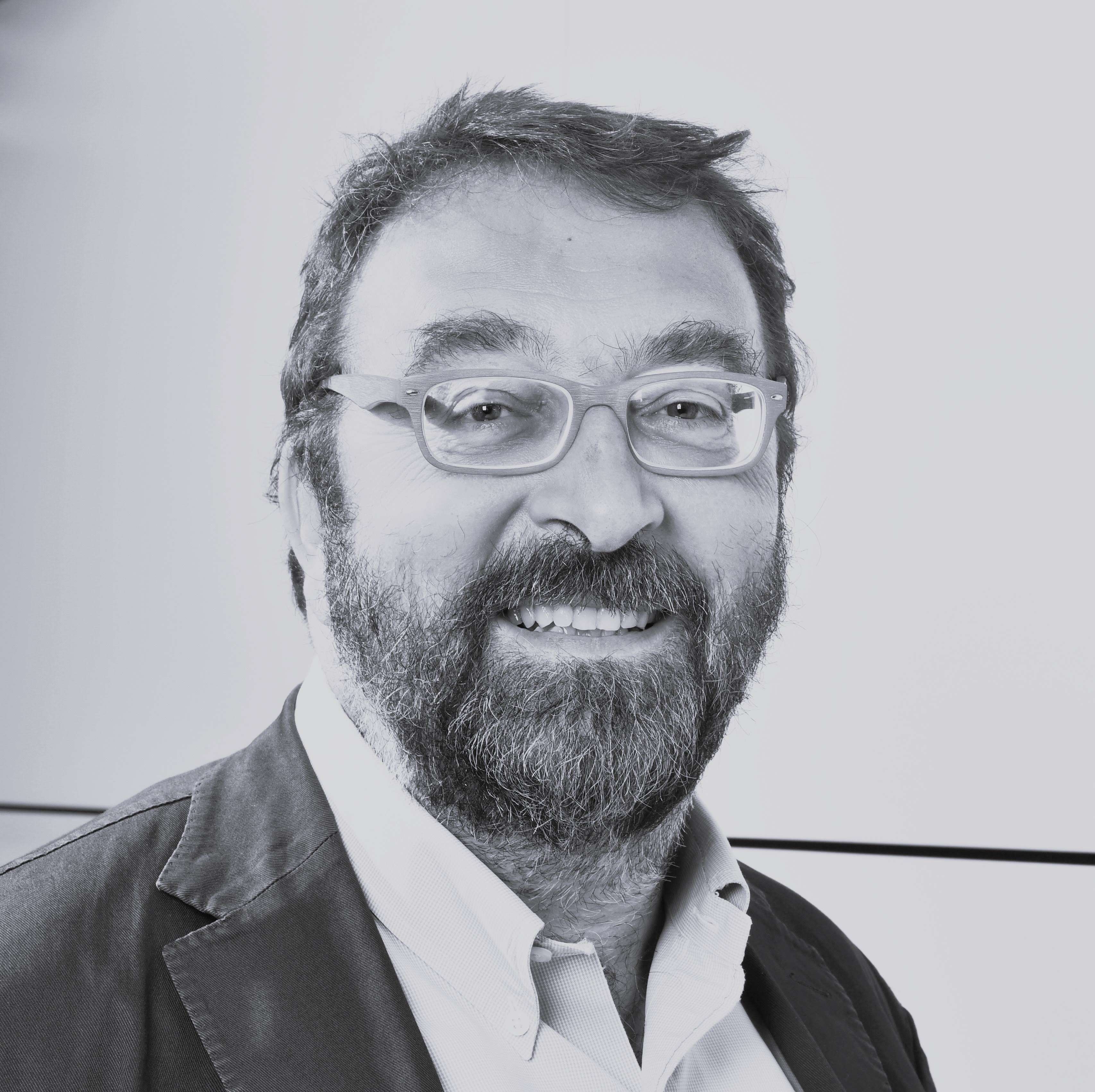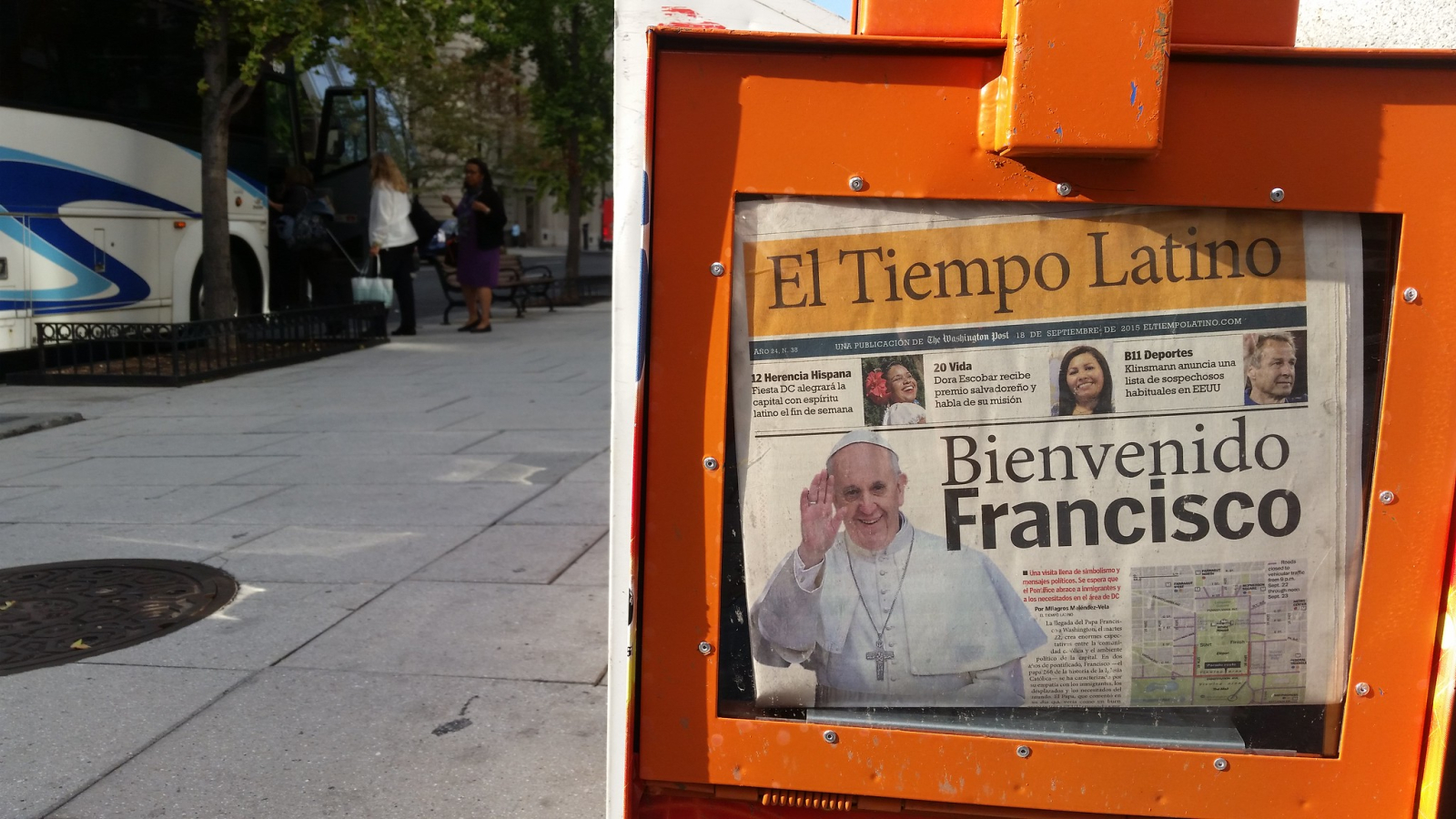This article is also available in Italian / Questo articolo è disponibile anche in italiano
Jorge Mario Bergoglio came from Argentina, the so-called “end of the world”, as he himself declared when he first appeared from the Loggia of St. Peter’s Basilica. Over twelve years of pontificate, Francis managed to shift the moral, political and pastoral centre of gravity of the Church: from the centre to the peripheries, from the West to the Global South and East. He opened the Church up to realities until then marginalised, such as communist China and the Arab world, broadening the focus towards Africa, Asia and Latin America.
These regions, long considered mere mission lands, have become key players in the great global debates on justice, ecology and peace. Francis did not just speak to the Global South: he spoke from the Global South. It was no coincidence that his very first trip as pope was to Lampedusa. He chose the island where people from the Global South land - and often die in the attempt - fleeing their homelands because of the economic, colonial, climatic, military, political actions of the Global North, which then later rejects them and shuts them out.
A church close to its faithful, even geographically
Raised amid the contradictions of Buenos Aires, Bergoglio experienced poverty, inequality and institutional violence firsthand. In his first apostolic exhortation, Evangelii Gaudium, he denounced the economy of “exclusion and inequality”, calling it an economy that “kills”. He addressed issues such as “human waste”, ecocide and ecological debt.
In his writings, he gave a voice to the most oppressed, to migrants and to the excluded. The encyclical Laudato Si' was the first major papal text entirely dedicated to the environment: a call for ecological conversion, but also a sharp critique of the global economic system, of corporations and of rich countries, held responsible both for global warming and for the poverty tied to the exploitation of natural resources.
Today, an increasing proportion of Catholics live outside the Western hemisphere, even if the distribution of the Church's human resources – particularly priests – remains skewed towards the Global North. In a world with 1.4 billion faithful, with declining numbers in old Europe and increasing in Asia and Africa, the Argentine pope focused precisely on these “new” continents.
The Pope's travels in the Global South
Following the Jesuit tradition, he travelled across Asia – from South Korea to Japan, from Sri Lanka to the Philippines and Mongolia, and even during his most recent trips, conducted in a wheelchair, to Indonesia, Papua New Guinea, Timor-Leste and Singapore. Over the course of 47 apostolic journeys to 66 countries, Francis has reached lands hitherto forgotten by Vatican diplomacy: Mongolia, South Sudan, Iraq and Madagascar.
In Africa, a continent that today accounts for 20% of the world's Catholics and where Catholicism is experiencing a dynamic growth, the Pope visited numerous countries, including Kenya, Uganda, South Sudan and Madagascar. It is no surprise that he decided to open the Extraordinary Jubilee not in Rome, but in the Central African Republic.
Pope Francis left a deep mark also in Latin America, his homeland. He supported the peace process in Colombia between the government and the FARC, which ended more than fifty years of armed conflict in 2016. He denounced repression in Nicaragua, promoted reconciliation in Venezuela, met Lula and defended the Amazon, openly opposing extractivist practices.
On his first trip abroad as pope, he travelled to Rio de Janeiro where he visited a favela, a tangible sign of his desire for a Church committed to stand alongside the poor. On that occasion, he criticised the inaction of the clergy, urging to won back the faithful who had converted to evangelical churches or had drifted away from religion. He called on Catholics to bring the Church's presence to the villas miseria and favelas, leading by example with his own visit. “I want [the Church] to go out onto the streets,” he said. “Otherwise, it becomes an NGO. And the Church cannot be an NGO.’
Pope Francis in defence of indigenous peoples
Pope Bergoglio did not shy away from seeking forgiveness for the Church's historical crimes against indigenous peoples, both in Canada and Bolivia. He confronted with some of the most painful legacies of Catholic history, including its role in colonialism. In a speech in Bolivia in 2015, he asked for forgiveness for the Church's complicity in the colonisation of the Americas, and in particular for the abuses against indigenous peoples.
In 2016, in Mexico, his meeting with indigenous communities in Chiapas took on great symbolic importance. On his return flight from a delicate visit to Canada – a country shaken by the realisation of the brutal conditions in residential schools (largely run by Catholic religious orders) – Francis used the term ”genocide” to condemn the attempts to erase the indigenous culture and languages. Eight years later, the Vatican officially repudiated the “doctrine of discovery”, used in colonial times to justify European conquests in America and Africa.
Cardinals from the Global South
Pope Francis did not just turn the spotlight on the Global South, he also built a Church that represented it. Of the 135 cardinals now called upon to elect the next pope, 80% were appointed by him, and most come from countries outside Europe. As a consequence, it is likely he will not be the last pope from the Global South. He chose men from geographical and social peripheries: the first indigenous Latin American cardinal (in Bolivia), the first African American in the United States, the first Dalit in India, and the first of Palestinian origin, Natalio Shomali Gharib, in Santiago, Chile.
He shifted the geopolitical compass of the Vatican towards the East and South. He promoted an unprecedented dialogue with communist China, he reached out to the Muslim world by visiting Saudi Arabia, Iraq and the United Arab Emirates eventually signing the Document on Human Fraternity with the Imam of Al-Azhar in Abu Dhabi in 2019. He also established new relations with the Arab world after the tensions of the Benedict XVI era, setting records as the first pope in the Arabian Peninsula (in Abu Dhabi) and making a historic visit to the Shiite Ayatollah Al Sistani in Iraq.
Francis was not a politician, but he made. He spoke of the “globalisation of indifference”, denounced the “fragmented” world war, defended the right of migrants to a dignified life. He warned against populism and nationalism – directly attacking Donald Trump by saying that “building walls is not Christian” – and he reminded us that “encountering a migrant is an encounter with Christ”. However, as any political leader, he did not always succeed in his aims and often failed to overcome the contradictions of the Church itself.
Cover: pic by Dave Malkoff, via Flickr



